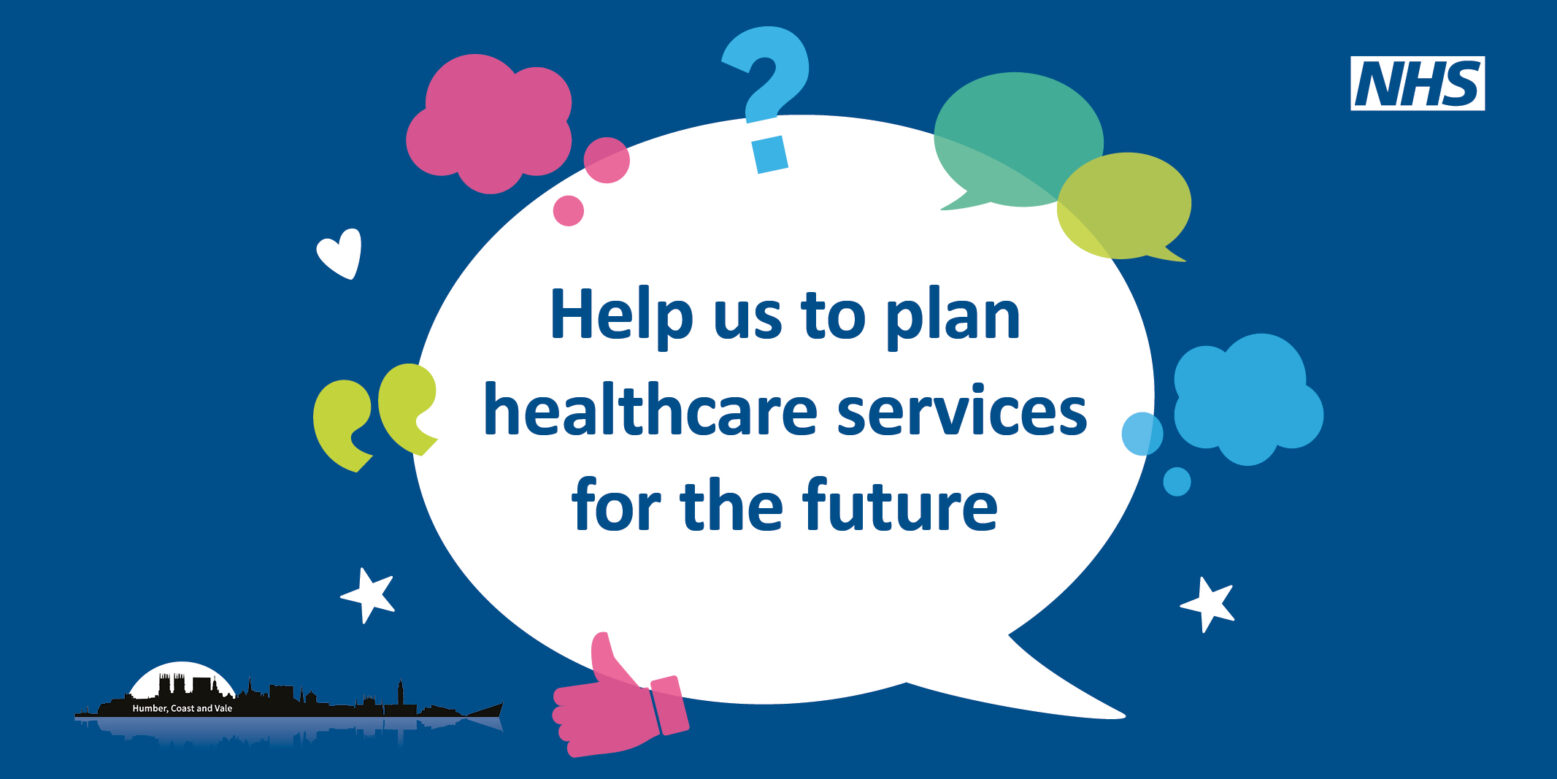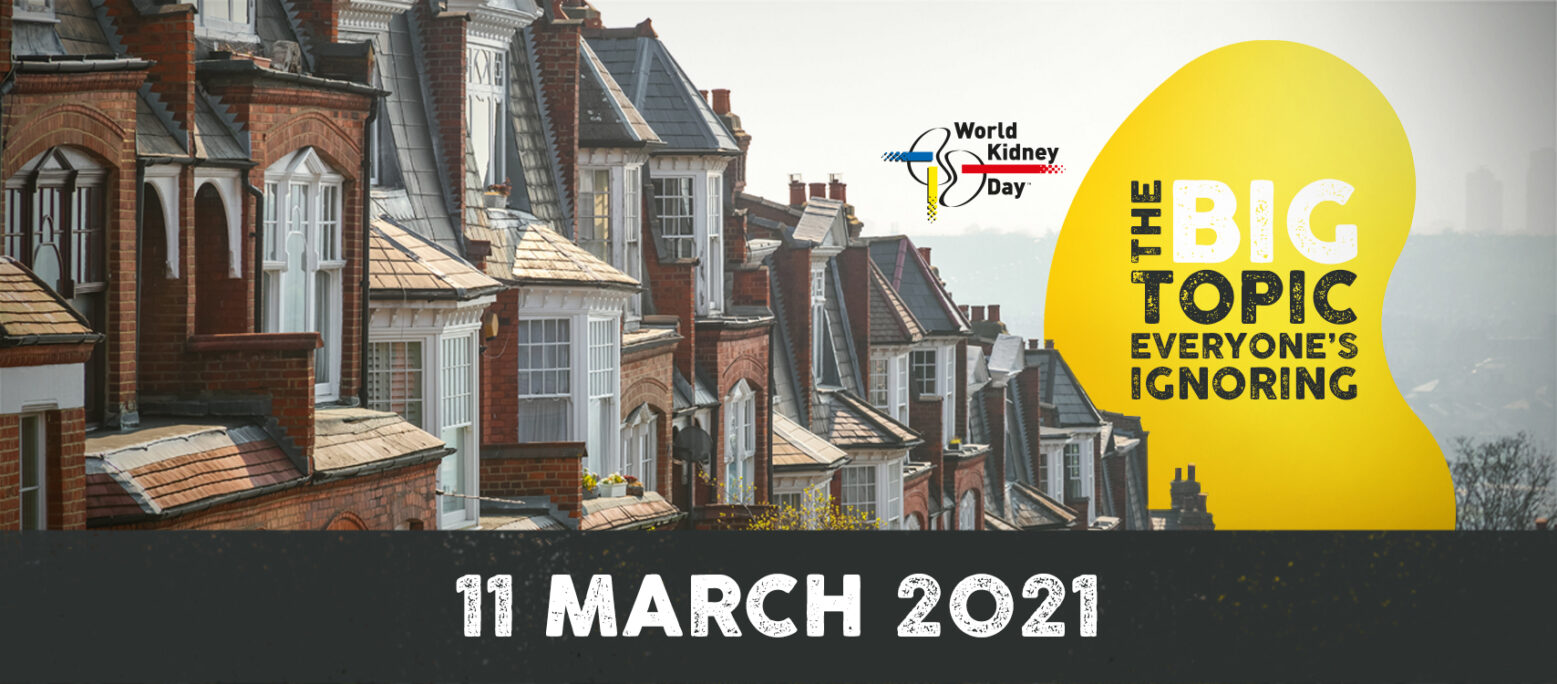Cutting edge rehabilitation ward is being built on Castle Hill site
They’ve played a crucial role in the recovery of patients struggling with the post-acute effects of Covid-19. Now Hull University Teaching Hospitals NHS Trust’s rehabilitation medicine team, which incorporates nurses, doctors, support staff and therapists, is to benefit from new purpose-built facilities to enable them to continue their life changing work.
The rehabilitation team came into the public eye in the summer of 2020 as patients were seen being clapped off their ward after recovering from coronavirus, but the team has been carrying out its vitally important work for many years prior.
More used to supporting patients after prolonged hospital stays, accidents and acquired brain injury, this multi-disciplinary team provides assessment and support to prepare people to return home, to restore independence and manage the tasks of daily living.

Dr Abayomi Salawu
The new 12-bed ward will also incorporate a gym, a therapy room and a garden area, and make use of virtual reality technology.
Dr Abayomi Salawu, consultant in rehabilitation medicine for the trust explains:
“Rehabilitation aims to support both patients and their families as they recovery from injury and ill-health. We see a full range of patients, from those who have suffered brain or physical injury in an accident, for example, to those who have experienced a life changing illness and others whose function and condition have deteriorated following a prolonged stay in intensive care.
“Our role in rehabilitation is to help restore function and enhance quality of life for people with complex health needs so that they may go on to live fully and meaningfully, not just exist. Normal hospital ward environments aren’t generally suited for this purpose, especially in the case of patients with acquired brain injury or physical and cognitive deficits.
“This new ward will give us the space and the facilities we need to provide specialist rehabilitation input to the highest level, and will also deliver an environment which is more conducive to patient recovery and one in which our staff are rightly proud to work.”
The new ward is the first purpose-built NHS specialist rehabilitation centre across the Humber, Coast and Vale area and into neighbouring Lincolnshire. It will be the first NHS inpatient rehabilitation unit to incorporate digital technology such as virtual and augmented reality into its rehabilitation programme, after Hull also hosted the UK’s first successful clinical trial of the GEO robotic gait trainer in 2017.
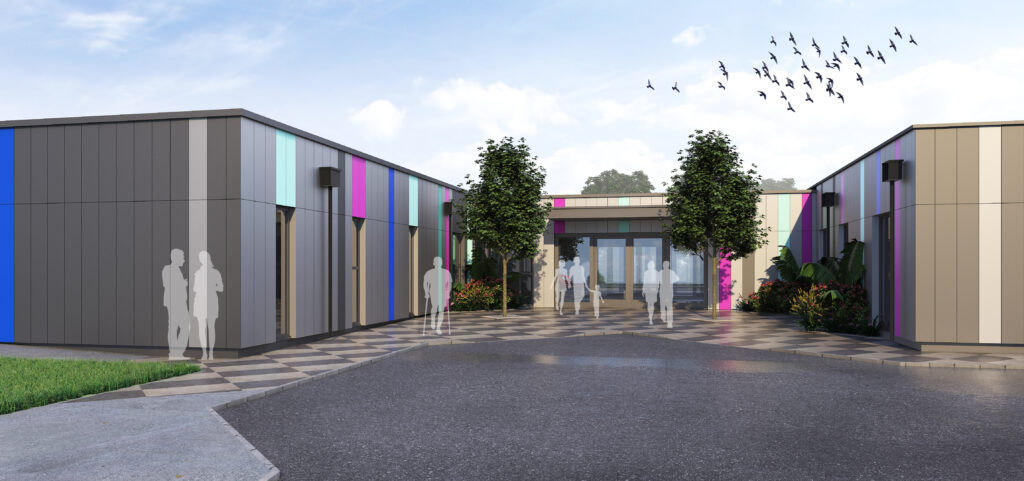
Artist’s impression of the new specialist rehabilitation ward
Dr Salawu continues:
“Acute clinical care and public health have both received significant investment for many years, but rehabilitation; the third pillar upon which the NHS is built; has sadly lagged behind, so our new rehabilitation ward is a really significant development and definitely a step in the right direction.”
The facility will also house an independent living area, featuring a kitchen, bathroom and bedroom, so that health professionals may assess how patients cope with day-to-day domestic tasks, such as making a cup of tea or getting into bed, before they can be safely discharged.
Lisa Cunningham, ward sister says:
“The team is all very excited about our new building. The ward has had a few moves over the last year or so, so to finally have our own dedicated ward area is amazing.
“Our patients have complex needs so the facilities it will include; the gym and independent living area, for example; will enable us to provide a much more comprehensive rehab service in the one place, and will help our patients progress’ no end.
“As a manager I’m so proud of the team for their involvement in this project and helping to design a really first class rehab facility. I can’t wait to see the difference it will make for our patients.”
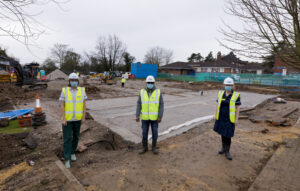
(L-R) Madeleine Leetham, Dr Salawu and Lisa Cunningham on the construction site for the new ward
Senior occupational therapist, Madeleine Leetham, says:
“As occupational therapists, we study the importance of environment and how it impacts a person’s ability to engage in meaningful activities. To have a ward that is designed by the team specifically to meet the complex rehabilitation needs of our patient group is going to be amazing. Having our own treatment gym, therapy kitchen, and transitional living area will mean we can deliver therapy in a space that complements recovery and promotes independence.”
Andrea Murphy, clinical lead physiotherapist in neuro and complex rehabilitation, says:
“The physiotherapy team is extremely excited about moving into the new purpose built MDT* designed unit. We will be able to use a range of therapeutic approaches more flexibly in a bespoke rehabilitation environment, and this will include, for example, intensive “hands on” sessions with therapies in the gym and quiet room; targeted exercises with gym equipment; gait re-education in parallel bars; and state of the art technology in the new Virtual Reality room. In turn, this will allow patients to maximise their physical potential during their inpatient treatment sessions.”
Construction is underway now near to Entrance 2 of Castle Hill Hospital, and work is expected to be complete by the end of April 2021.
* MDT – multi disciplinary team
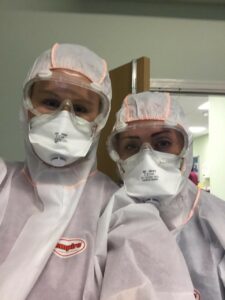
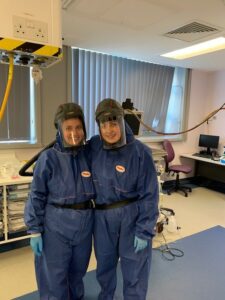 Today, Lucy Holgate, Sister in Endoscopy, said: “The team carry out what are known as aerosol-generating procedures (AGPs), which carry the risk of generating droplets of the virus if someone is infected, so every member is required to wear high level PPE on a daily basis.
Today, Lucy Holgate, Sister in Endoscopy, said: “The team carry out what are known as aerosol-generating procedures (AGPs), which carry the risk of generating droplets of the virus if someone is infected, so every member is required to wear high level PPE on a daily basis.
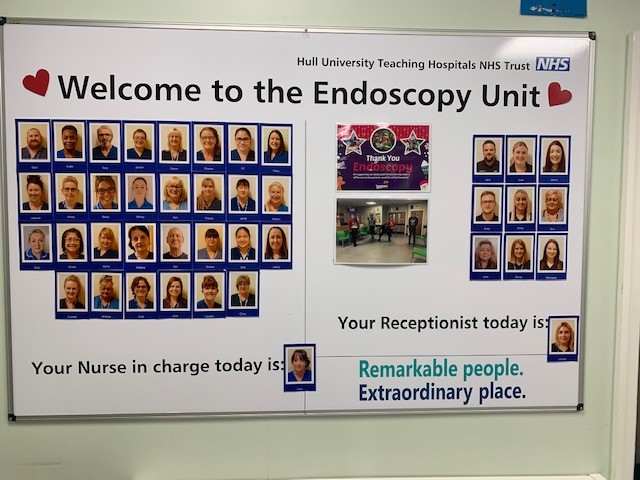
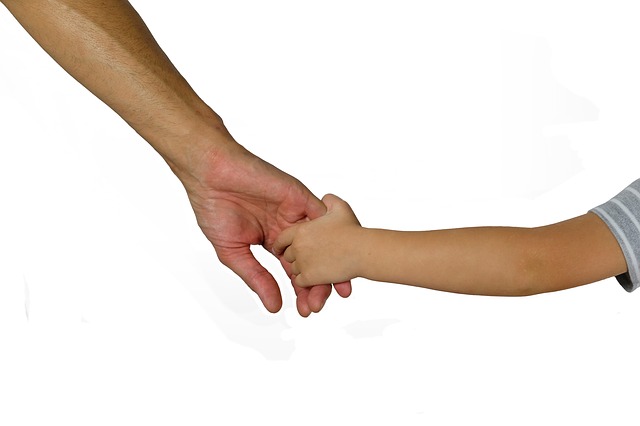
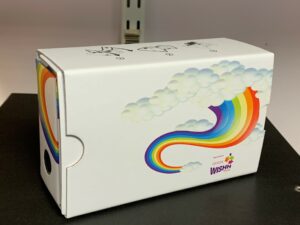 Consultant Anaesthetist Dr David Wright, Director of Simulation at Hull Institute of Learning and Simulation (HILS), said the app has been developed to ease any fears and worries young people may have if they have to come to hospital.
Consultant Anaesthetist Dr David Wright, Director of Simulation at Hull Institute of Learning and Simulation (HILS), said the app has been developed to ease any fears and worries young people may have if they have to come to hospital.
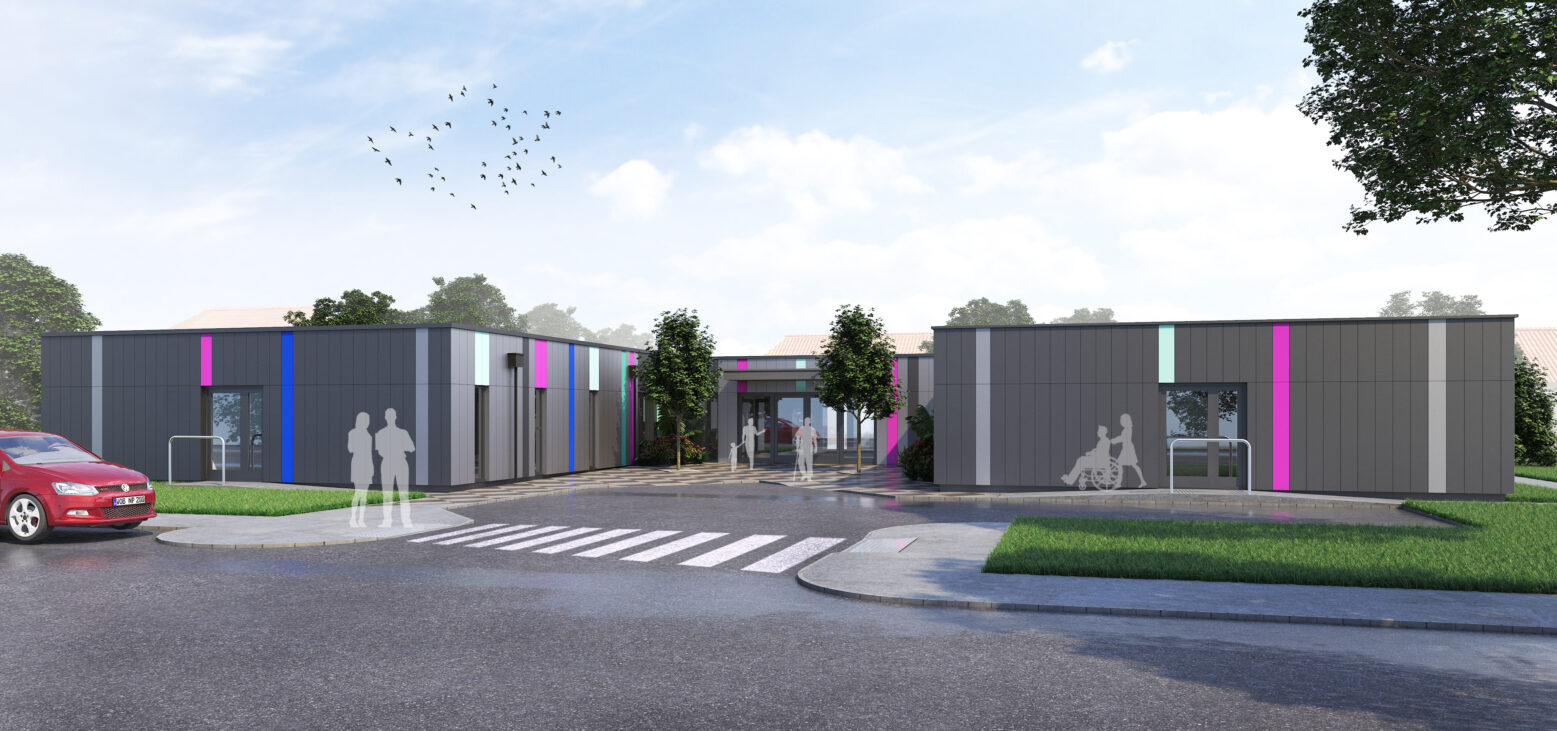



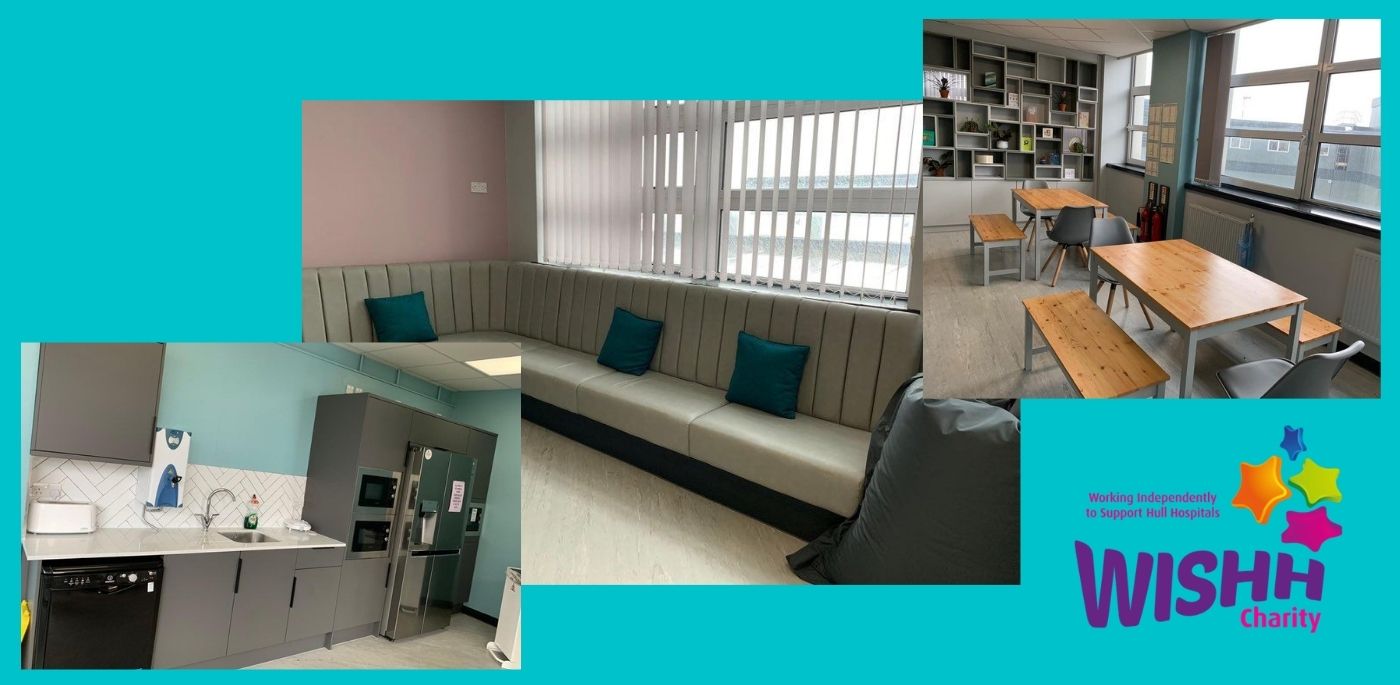
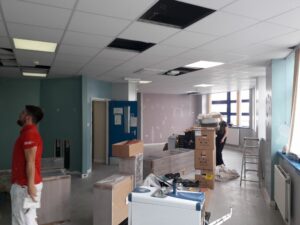
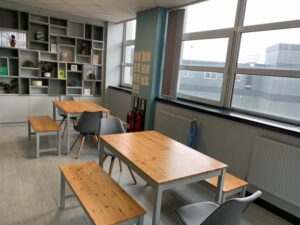
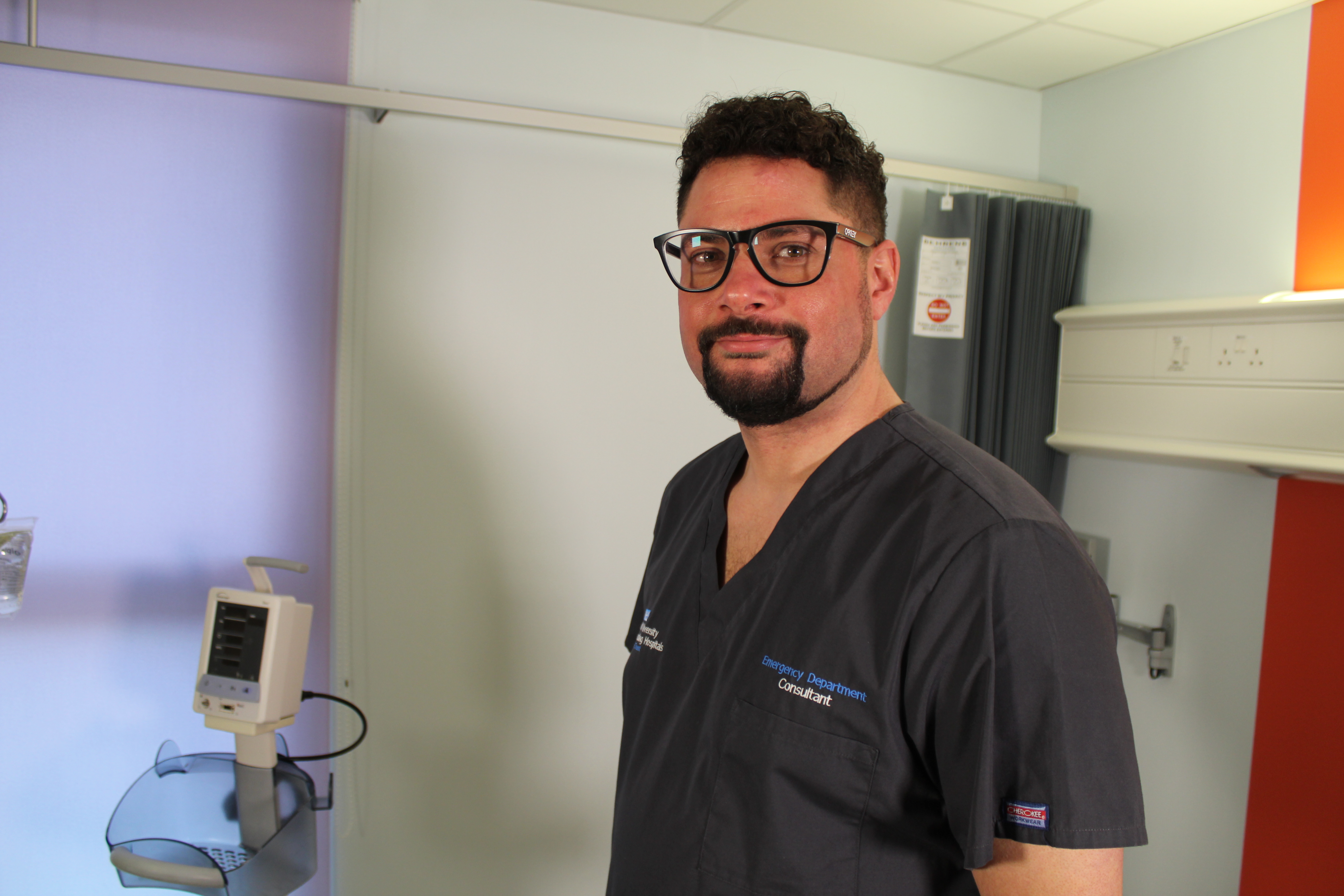

 As the largest employer in our region, the trust is recognising its duty to look after this part of the world, not just the one million plus patients who come to hospital for treatment.
As the largest employer in our region, the trust is recognising its duty to look after this part of the world, not just the one million plus patients who come to hospital for treatment.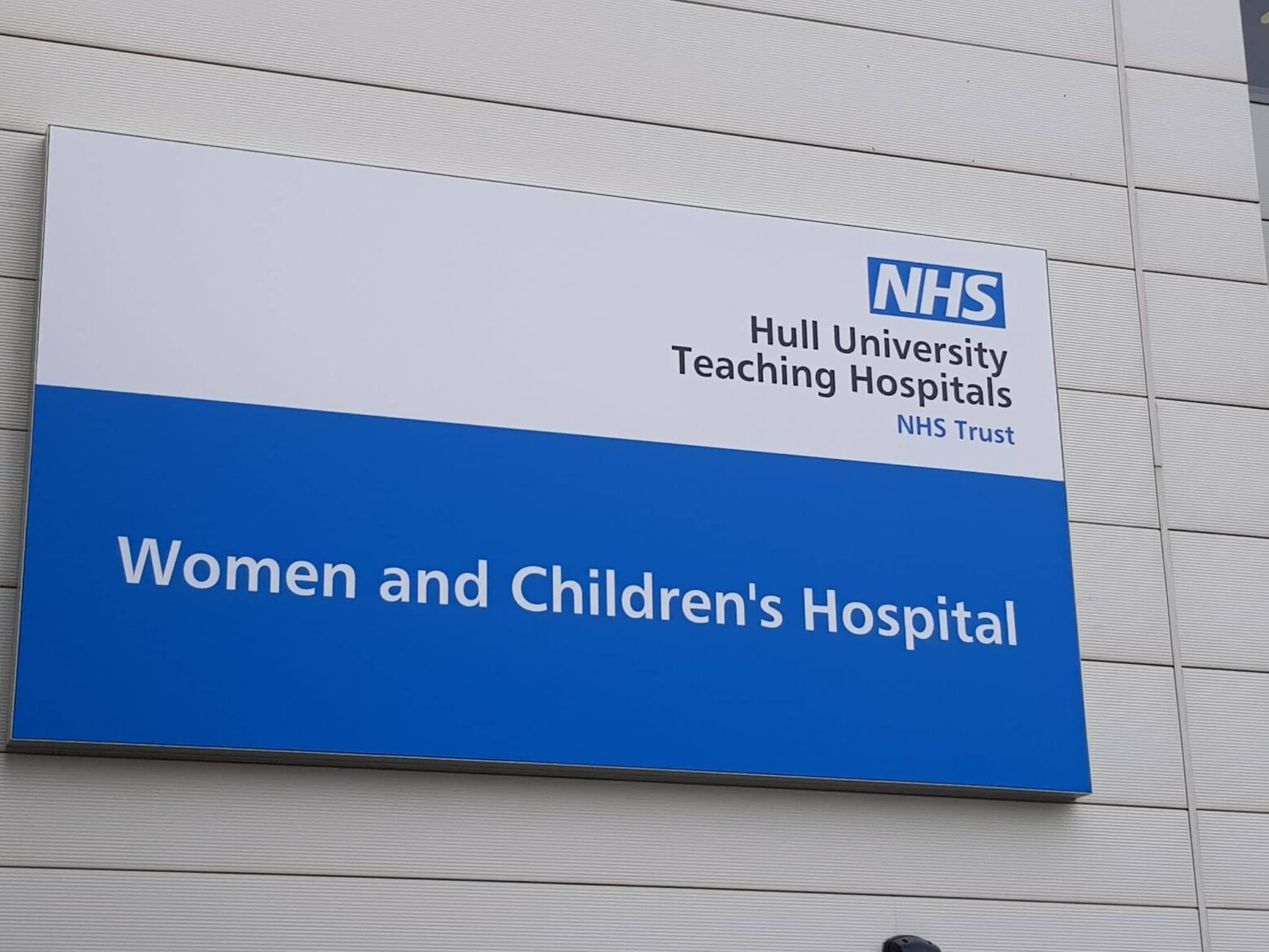
 The team has helped women in labour and their partners, supporting them as they deal with the added anxieties and stresses of bringing a new baby into the world during a pandemic.
The team has helped women in labour and their partners, supporting them as they deal with the added anxieties and stresses of bringing a new baby into the world during a pandemic.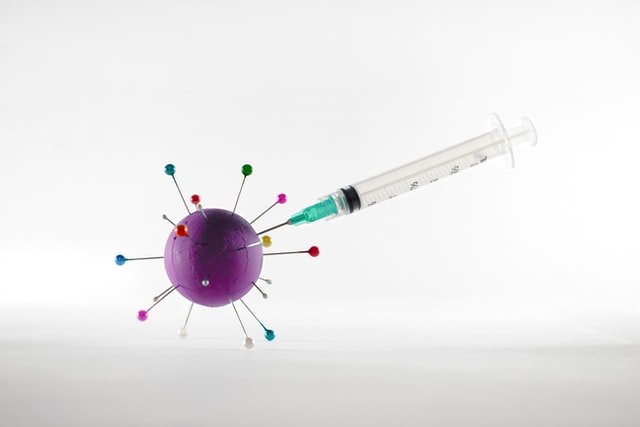
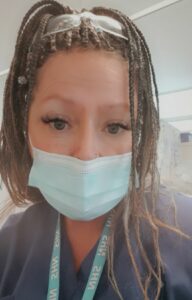
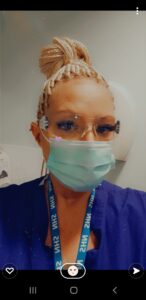

 She said: “I’d like to say a huge thank you to all Ward 16 staff and to all who have joined us during our pandemic experience.”
She said: “I’d like to say a huge thank you to all Ward 16 staff and to all who have joined us during our pandemic experience.”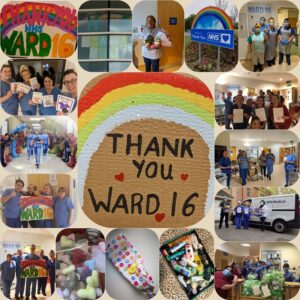 In a direct message to her team, Melanie Jopling said: “You should be extremely proud you have worked amazingly and professionally throughout, adapting to all challenging changes .
In a direct message to her team, Melanie Jopling said: “You should be extremely proud you have worked amazingly and professionally throughout, adapting to all challenging changes .